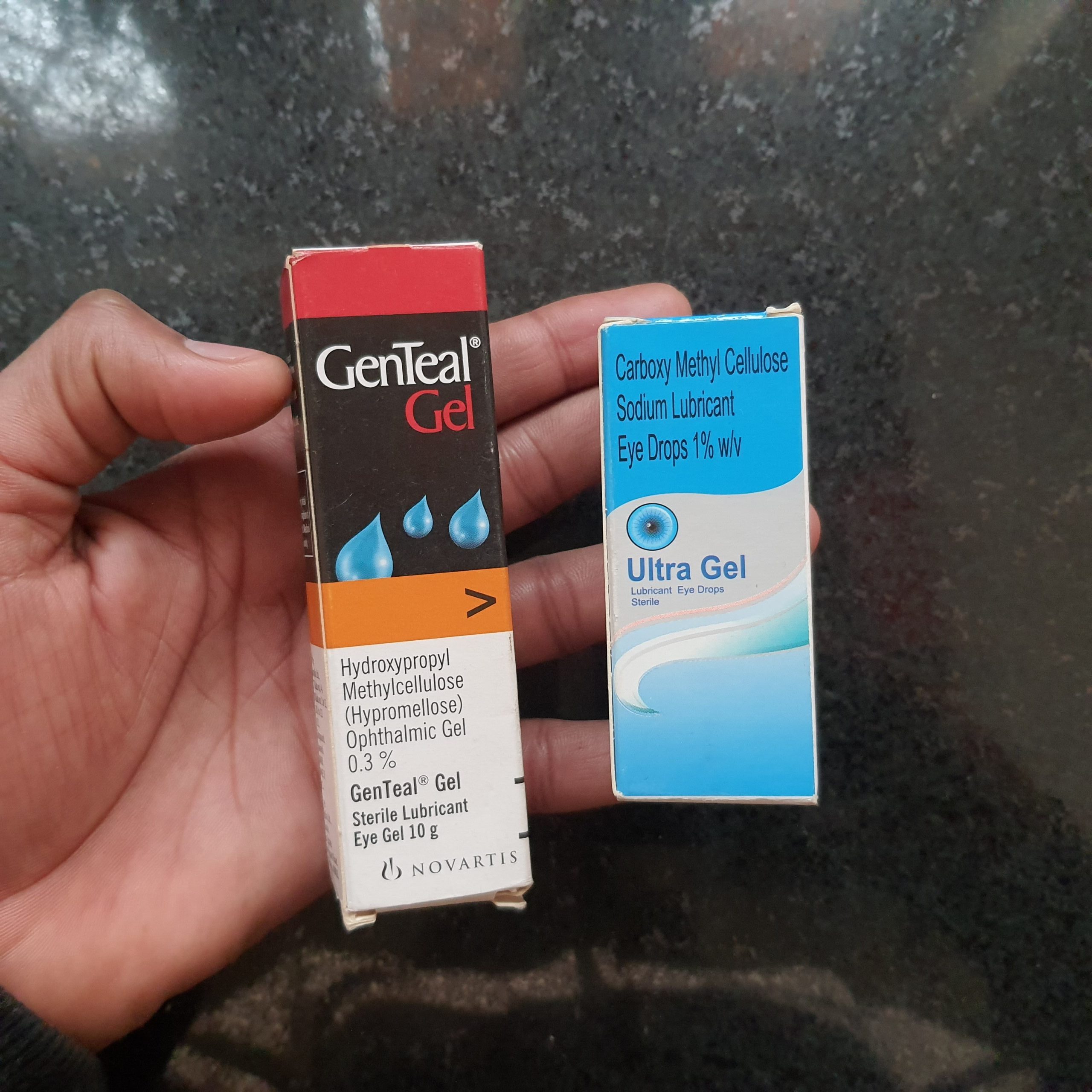1. It’s the infra nuclear or LMN (Lower motor neuron) lesion of the facial nerve or 7th cranial nerve (as result facial muscles are paralyzed and facial expressions are lost)
2. The upper and lower quarter of the face on the same side (Right upper and lower / Left upper and lower) are paralyzed, as result affected parts of the face are motionless (due to facial muscles palsy)
|
Muscles innervated |
Paralysis condition |
|
Occipito frontalis |
Forehead wrinkles lost |
|
Orbicularis oculi |
Unable to close eyes |
|
Stapedius muscle |
Hyperacusis |
|
Chorda tympani |
Taste sensation loss from |
|
Orbicularis oris |
- Drooping of saliva from the - Articulation of lips is impaired |
|
Buccinator |
Food accumulate in vestibule (space b/w teeth and cheek)
(PYQ: INICET May 2024) |
|
Facial muscles |
Facial asymmetry |
3. Forehead wrinkles absent - due to paralysis of occipito frontalis muscle (supplied by temporal and posterior auricular branch of the facial nerve)
4. Patient is unable to close his eye due to paralysis of orbicularis oculi muscle as result-
• When the patient closes his eye forcefully: Eyeball turn up and out: Bell’s phenomenon
• Lagophthalmos: patient is unable to close eyelid completely
• Exposure keratopathy: Due to corneal surface of eyeball not fully covered by eyelid (as result corneal surface dry & damage)
• Drying of cornea lead to corneal ulcers - Corneal surface of eyeball not fully covered by eyelid as a result cornea remains intact with the environment for a long time as result corneal surface is dry.
Treatment: Use lubricating eye drops (artificial tear) to keeps the corneal surface wet.

5. Tear overflow on the cheek: called epiphora (watering eye)
Reason: due to paralytic ectropion (out rolling of the eyelid margin) tear drainage decreases and tear flow on the cheek
6. Hyperacusis - due to paralysis of stapedius muscle (supplied by facial nerve)
7. Nasolabial fold absent (present b/w nose and mouth)
8. Sagging of angle of mouth
9. Drooping of saliva from the angle of the mouth - due to palsy of orbicularis oris muscle
10. Articulation of labial is impaired: as a result air leak between two lips
Reason: due to paralysis of orbicularis oris muscle (supplied by facial nerve)
11. During mastication food accumulate between teeth and cheek (vestibule)
12. Taste sensation loss from anterior 2/3 of tongue
Reason: because taste sensation from anterior 2/3 of the tongue are carried out by chorda tympani nerve (branch of the facial nerve)
13. Paralyzed upper and lower quarter of face pulled towards health side: Facial asymmetry
Reason: Paralysed side of the face is pulled by the muscle of the health side of the face.
14. Treatment :
Lubricating eye drops or artificial tears: It keeps the corneal surface wet.
Steroids: Prednisone (decrease inflammation and oedema)
